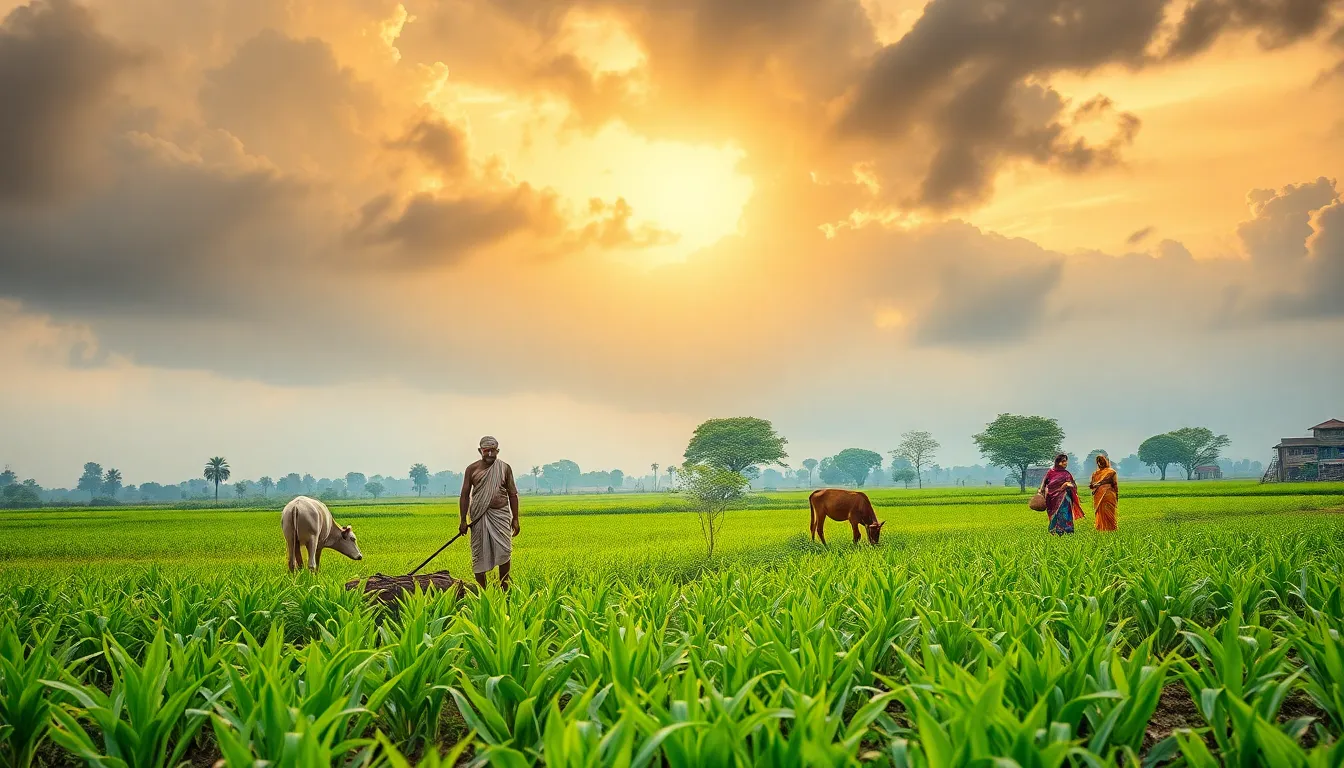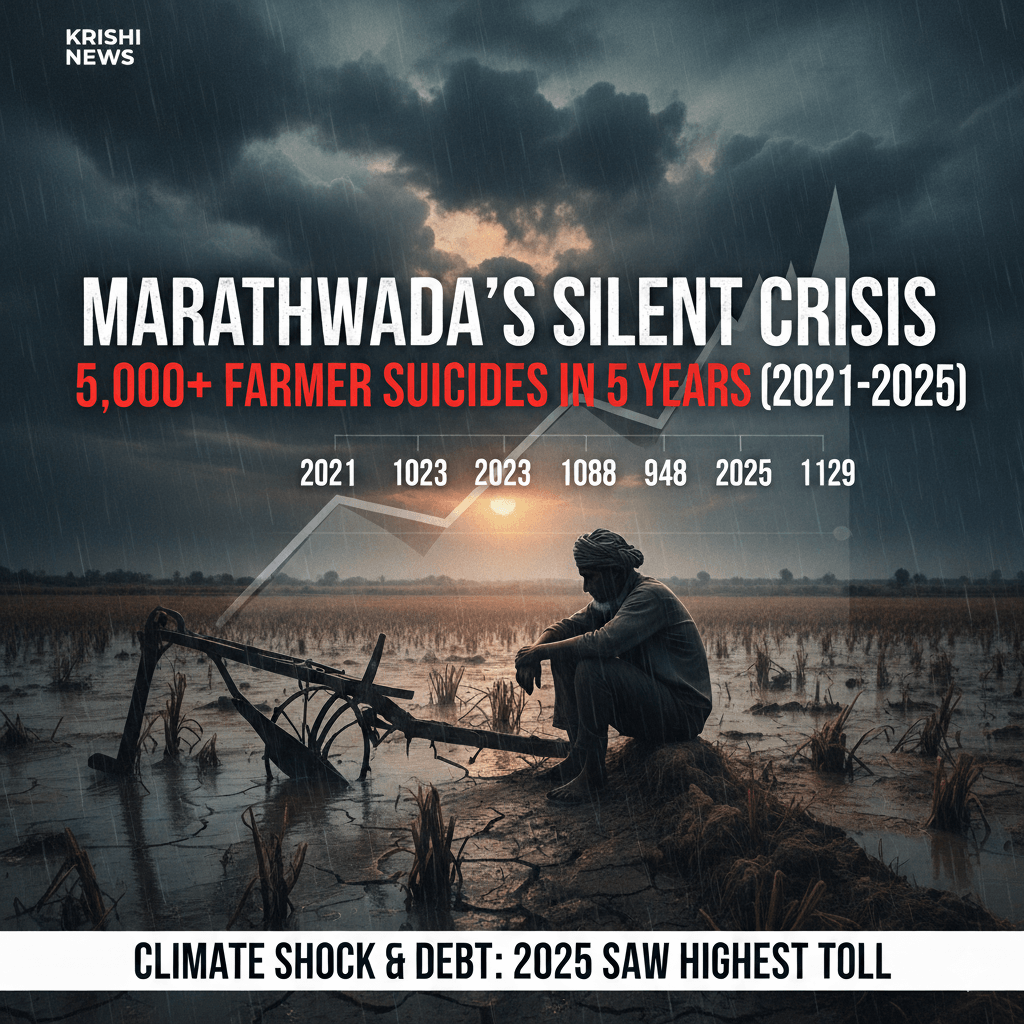A new study has issued a stark warning about the future of India’s climate. Conducted by IPE Global and Esri India, it reveals that by 2030, the country will likely experience a 43% increase in extreme rainfall events. This alarming trend poses serious risks to agriculture, infrastructure, and urban living. The study was launched at the Global-South Climate Risk Symposium held in New Delhi. Urban areas like Mumbai, Delhi, Chennai, and others are projected to see a doubling of heatwave days.
Over the past 30 years, India has faced a dramatic rise in extreme heat. The number of extreme heatwave days increased 15-fold, with a staggering 19-fold increase in the last decade alone. This intensifying heat is leading to unpredictable and intense rainfall events. The report suggests that by 2030, around 80% of India’s districts will experience erratic rainfall.
Abinash Mohanty, climate lead at IPE Global, highlighted that the changing climate has led to a stretch of the monsoon season. Instead of steady rains, the country is experiencing sudden bursts of heavy rainfall. This unpredictability makes it difficult for farmers and city planners to manage resources effectively.
The report also points out that coastal districts are at significant risk. Nearly 70% of these areas are expected to face summer-like conditions during the monsoon months. States such as Gujarat, Tamil Nadu, and Maharashtra will be particularly affected, with over 80% of their districts facing extreme weather.
The study underscores the importance of taking immediate action to mitigate these climate impacts. It calls for the establishment of a Climate Risk Observatory. This observatory would use satellite data and climate models to provide real-time information. It could help communities prepare for and respond to extreme weather events.
Experts stress the need for localised interventions to strengthen resilience. For instance, communities should have heat-risk champions who can lead local efforts to combat heat stress and flooding. This can help ensure better preparedness during climate extremes.
In addition, the study emphasizes the need for risk financing tools. These tools would provide financial support during disasters, helping affected communities recover more rapidly.
As India prepares for the upcoming climate negotiations in Bonn, the findings of this study are crucial. They highlight the urgent need for proactive planning in response to climate change. Ashwajit Singh, managing director of IPE Global, noted that India must shift towards a climate solutions mindset. This means moving from reactive responses to proactive, data-driven planning.
The findings of this report serve as a wake-up call. Climate change is not a distant threat; it is already affecting lives and livelihoods across India. Without urgent action, the impacts will only worsen, threatening the future of agriculture and urban life. Building resilience through science, planning, and community engagement is essential for a sustainable future.
As the climate crisis deepens, India has the opportunity to lead in climate solutions. By embracing innovative strategies and focusing on local needs, the country can emerge as a global leader in combating climate change. Together, we can work towards a safer and more resilient future for all.





